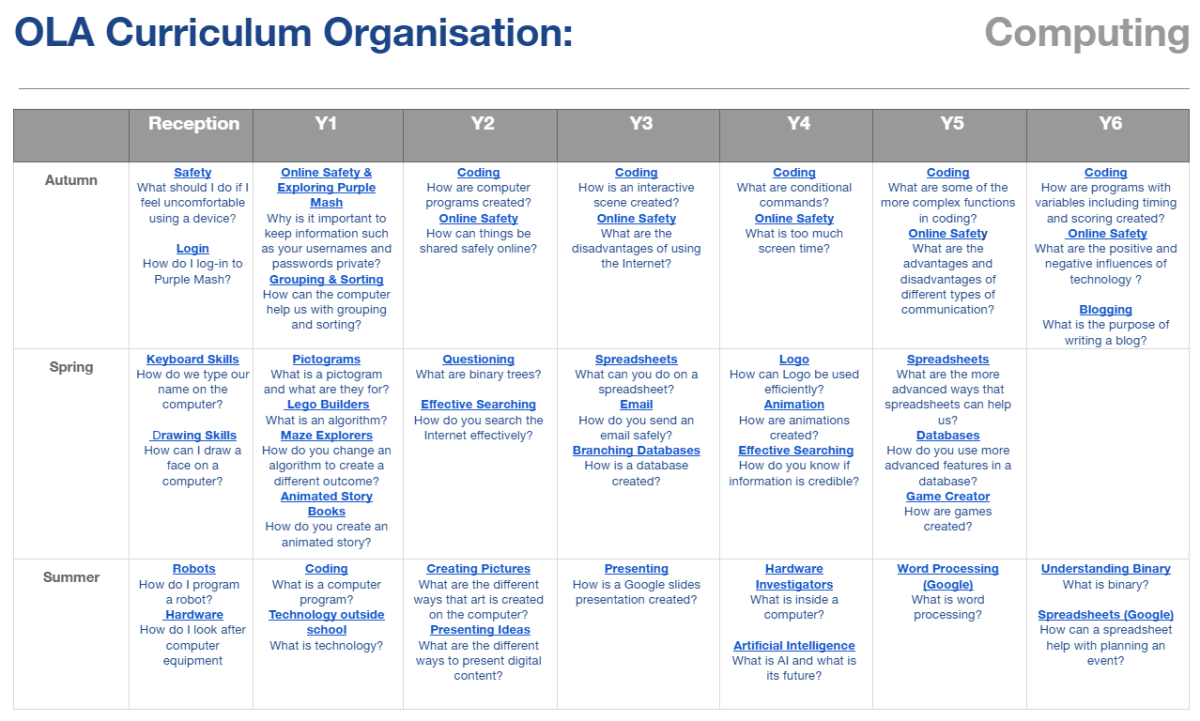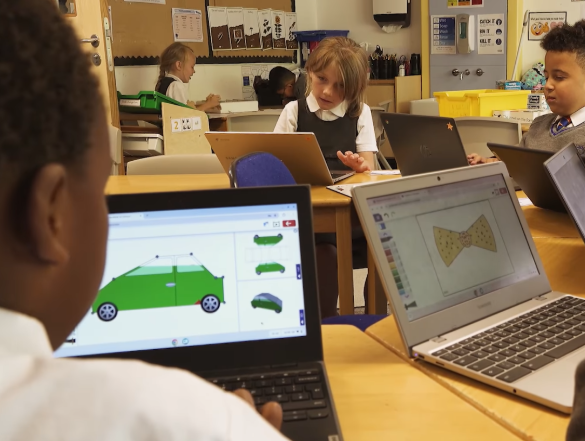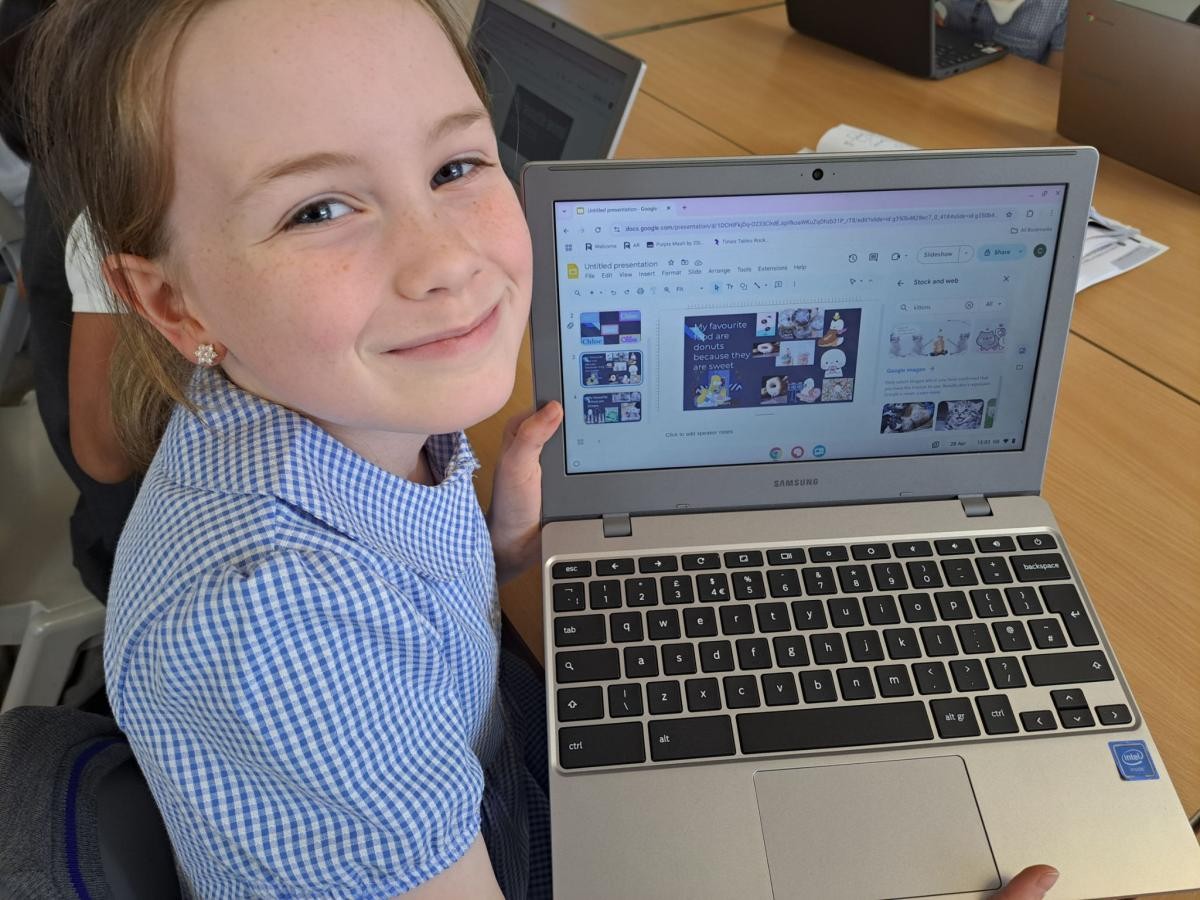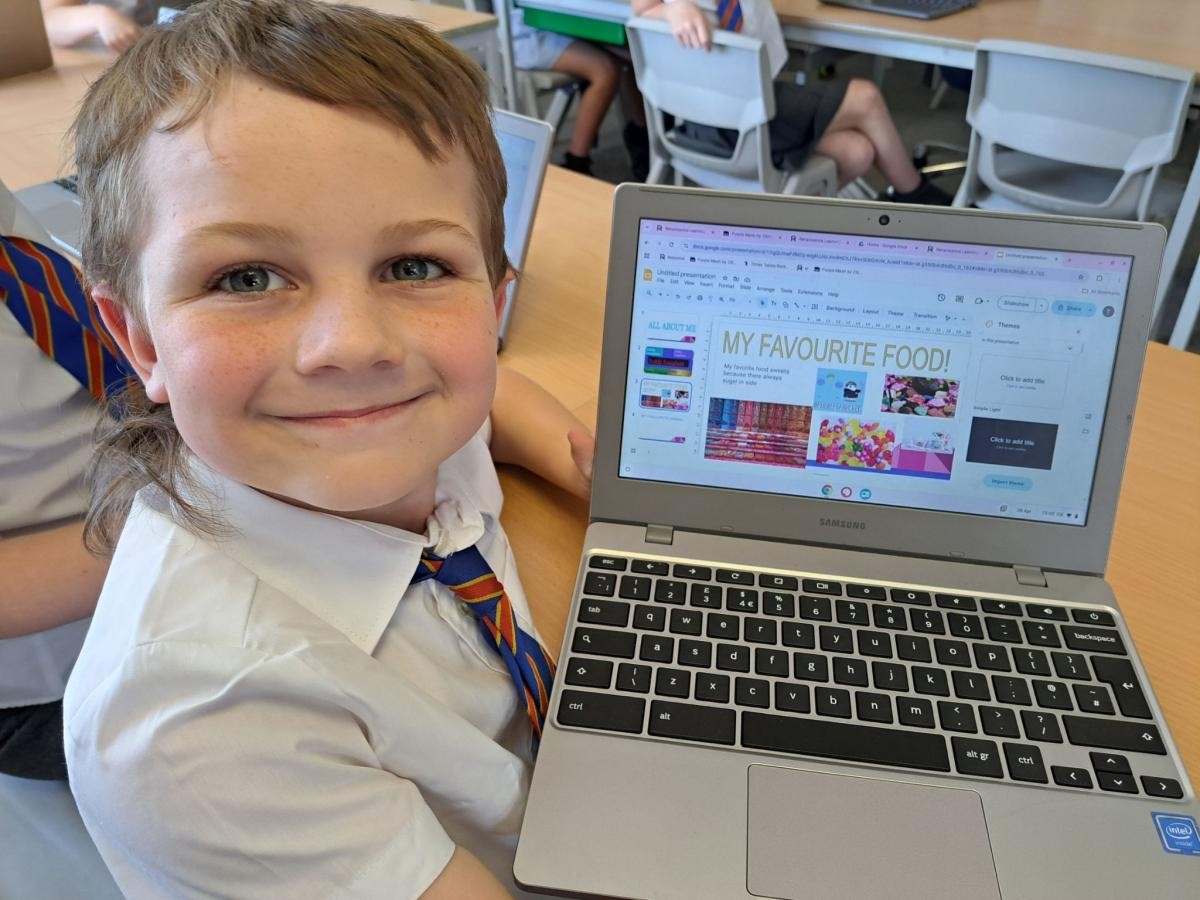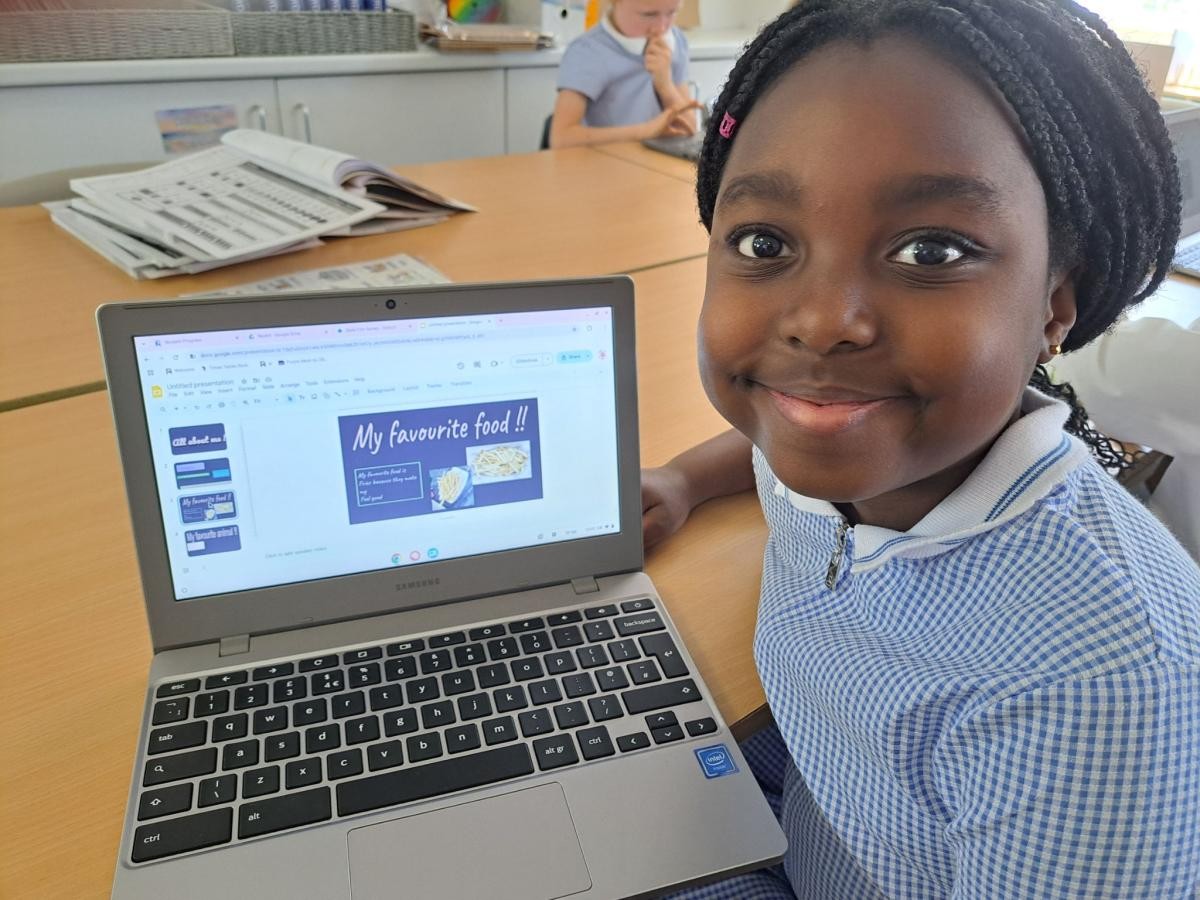Computing learning in Year 2 helps pupils develop essential digital skills, from searching for information to understanding coding principles. They learn to retrieve relevant content using search engines and apply these skills beyond the classroom, making connections between everyday technology, coding, and multimedia projects such as animations and interactive programs. Pupils explore safe online practices, understanding the risks of inappropriate searches and how digital content is shared electronically, such as posting work on the Purple Mash display board. They also develop confidence in using email safely through 2Respond activities, recognizing ways to report inappropriate online behavior to a trusted adult. In organizing digital data, pupils use tools like 2Investigate for databases, gaining confidence in saving and retrieving their work. Through coding, they refine their understanding of algorithms—sets of instructions for completing tasks—and learn the importance of precision in program design. By creating simple programs, debugging errors, and identifying cause-and-effect sequences, pupils develop problem-solving skills and a logical approach to computing, building the foundations for more advanced digital literacy.
Computing learning in Year 3 helps pupils develop key skills in online safety, digital communication, data handling, and coding. They learn the importance of keeping passwords secure and understand the risks of sharing personal information. Through tools like 2Email in Purple Mash, they explore responsible online conduct and become aware of different ways to report unacceptable content. Pupils practice retrieving digital content using search engines, recognizing how the internet connects them to information. They develop skills in collecting, analyzing, and presenting data using branching databases and graphical tools while considering which software is most suitable for a task. In coding, they break down real-life situations into algorithms and learn to debug errors that prevent a program from functioning correctly. They experiment with timers and repetition to refine their coding sequences, improving their logical thinking. Pupils also explore different methods of online communication, such as sending and attaching files via email, while applying appropriate conventions to digital interactions. These experiences build their confidence in navigating the digital world safely and effectively.
Saanchi says that computing is important to help our typing skills for when we grow up and so that we can use the internet to find out where to go!


